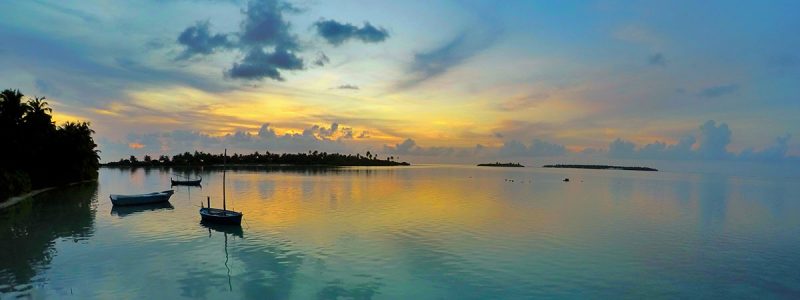Cremation has become more accepted with more than 40% of Americans choosing to be cremated. Most religious groups permit cremation. Buddhists, Sikhs, Hindus mandate it. Since the Vatican II Council in 1964, the Code of Canon Law allows Catholics to be cremated. Eastern Orthodox Christians, Orthodox Jews, Muslims, Baha’i and some conservative Christians oppose it.
Cremation offers more flexibility in planning a meaningful memorial service without the body present. A memorial service can be held anywhere at the convenience of the family and there would be no need to pay for the use of a funeral home.
Direct Cremation, without embalming, viewing or fancy casket (a simple cardboard or combustible container is all that is required) is the simplest and least expensive option of disposition. The funeral director picks up the body and takes it to his place of business, prepares the death certificate and necessary permits and oversees the cremation. The price offered by a funeral home for Direct Cremation should include the cost of the crematory, with the option to purchase a combustible container or casket from the funeral director or an outside casket business.
In New Jersey there is a 24-hour waiting period prior to a cremation to allow the funeral director to file the death certificate and other permits. Before the cremation, any medical implant, such as a pacemaker, must be removed by the funeral director, physician or medical examiner. Also, authorization is required by the family, a next of kin or a designated agent with medical power of attorney. The agent may be appointed by the deceased and does not need to be a family member.
Cremation does involve using natural gas at very high temperatures for a prolonged period of time, resulting in about 160 kg of CO2 per body being emitted into the atmosphere.

